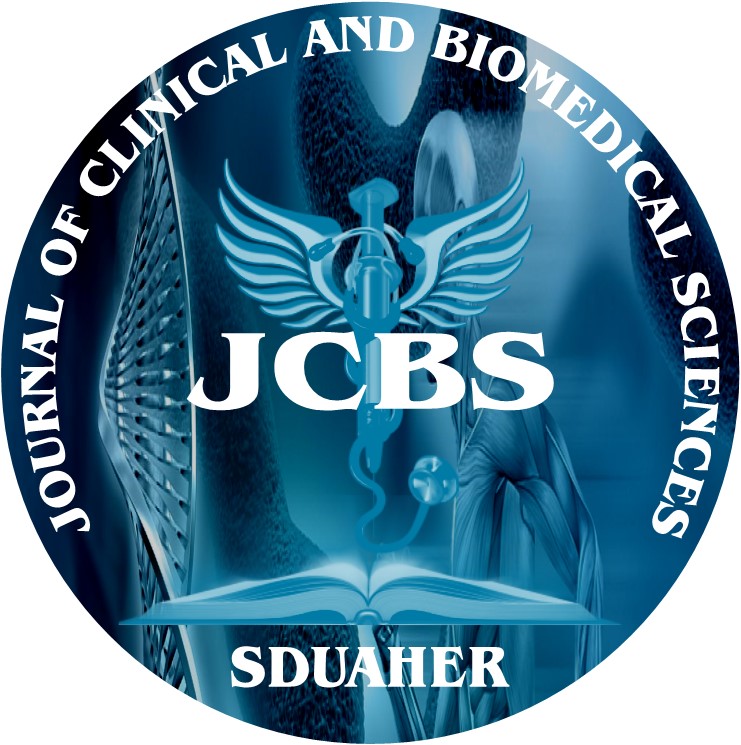


Journal of Clinical and Biomedical Sciences
Year: 2024, Volume: 14, Issue: 4, Pages: 148-158
Original Article
Kaushik Tarun1, Setya Sonal2∗
1Gurugram Global College of Pharmacy, Farukhnagar, Gurugram, 122506, Haryana, India
2Department of Pharmacy Practice, College of Pharmacy, SGT University, Gurugram, 122505, Haryana, India
*Corresponding Author
Email: [email protected]
Received Date:06 September 2024, Accepted Date:21 October 2024, Published Date:20 December 2024
Background : Inappropriate use of antibiotics contributes to global antimicrobial resistance. Evaluating knowledge, attitudes, and practices (KAP) among university students who are future prescribers can improve antibiotic use. Objectives : This study assesses the KAP of antibiotics among medical and dental students in India, aiming to identify educational gaps to better combat antimicrobial resistance. Materials and Methods: A cross-sectional questionnaire-based study was conducted among 400 medical and dental university students, following the approval from Institutional Ethics Committee. Students willing to participate were included. Pilot study on 30 students ensured questionnaire's reliability (Cronbach's alpha: 0.82). Data were analyzed using SPSS with Pearson’s chi-square test for KAP factor relationships and Mann Whitney U test for comparing KAP between students. A p-value of less than 0.05 was considered statistically significant. Results : 232 (58%) medical and 168 (42%) dental students participated. 80.49% medical students demonstrated significantly higher knowledge [median, Interquartile range 16(15,18)] than 73.9% dental students [median, Interquartile range 15(13,17)] (p:0.001, z:4.96). 82.29% medical and 80.72% dental students responded correctly to the attitude section, indicating strong awareness about responsible antibiotic use. Practice dimension showed correct responses from 72.34% (medical) and (72.12%) dental students, emphasizing the need to better apply knowledge and attitudes in practice. Overall, 77.2% of participants exhibited adequate knowledge, 81.5% displayed positive attitude and 72.23% engaged in good practices. Conclusions: These findings suggest revising curricula and implementing targeted programs, particularly for dental students, to enhance antibiotic knowledge. Practical, behavior-focused education, antimicrobial stewardship, and targeted interventions are essential for future prescribers. Further research with larger populations is needed to generalize these practices across healthcare.
Keywords: Antibiotics, AntiMicrobial resistance, KAP, Dentistry, Medicine, Prescribers
This is an open-access article distributed under the terms of the Creative Commons Attribution License, which permits unrestricted use, distribution, and reproduction in any medium, provided the original author and source are credited.
Published By Sri Devaraj Urs Academy of Higher Education, Kolar, Karnataka
Subscribe now for latest articles and news.